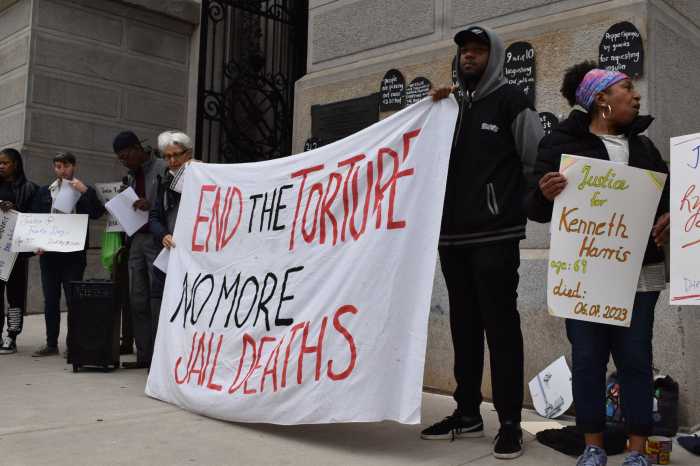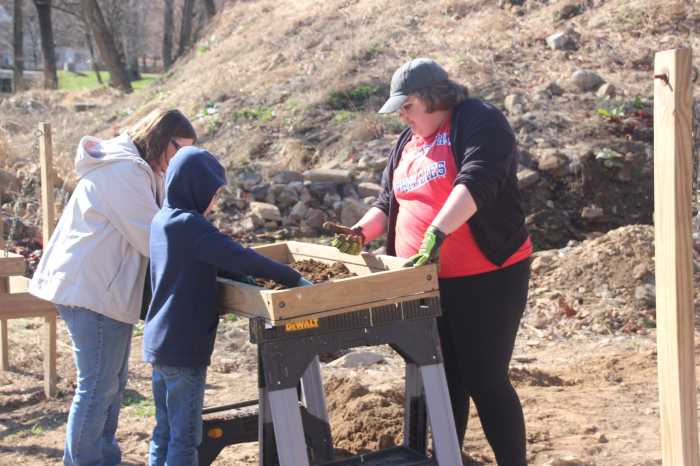Legislation that could lead to the creation of an oversight board for the Philadelphia Department of Prisons and the funding of an accompanying office advanced in City Council this week, despite opposition from Mayor Cherelle Parker’s administration.
Efforts to create such an entity extend back two years, when then-Councilmember Helen Gym offered a similar proposal. Councilmember Isaiah Thomas, one of the prime sponsors of the legislative package now being considered, said he is willing to meet weekly to make sure the measure is approved before lawmakers recess in December.
“We still have about three or four points of contention,” Thomas told Metro after a hearing Tuesday. “We’re going to work with all parties involved to figure out what the happy compromise could be.”
The proposal requires a charter change, meaning it must be approved by two-thirds of Council and a majority of voters. Supporters are hoping to see the question appear on the primary election ballot in May.
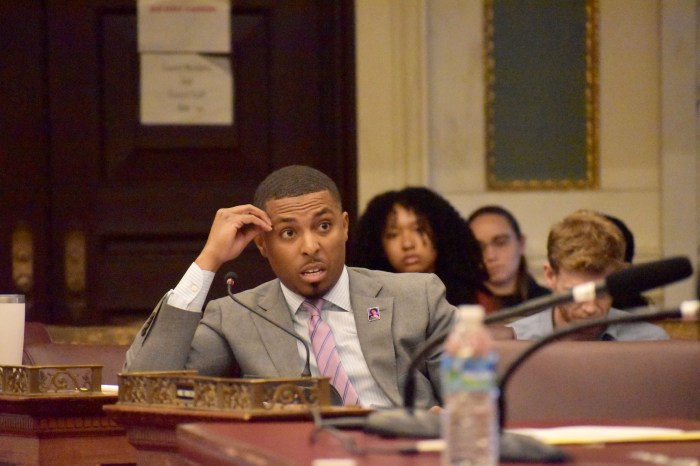
Changes to the text of the law are inevitable prior to passage, Thomas said. As it stands, the legislation would authorize a nine-member Prison Community Oversight Board appointed by the mayor and council president. The board would be mandated to hold monthly public meetings.
An Office of Prison Oversight, with a dedicated staff, would also be established, and its budget would be tied to a percentage of the amount the city spends on the jail system. Employees would be empowered to conduct reviews, investigations, inspections and make recommendations.
Prisons Commissioner Michael Resnick, who Parker appointed in April, asked lawmakers to delay a final vote on the measure to allow for further amendments. The Committee of Law and Government reported the bill out, though it is unclear when the legislation will be brought before the full Council.
“I understand that the motivation behind this measure is a desire to improve conditions at PDP for inmates and staff, but I submit that the causes of the current conditions do not stem from lack of oversight,” Resnick said.
He mentioned that the jails are subject to visits from the Pennsylvania Prison Society, Defender’s Association of Philadelphia and are currently being monitored by a federal court in connection with a class-action settlement.
However, representatives from the prison society and defender’s association later testified that they do not have the resources or legal authority to conduct extensive investigations and acquire documents. Furthermore, monitoring from the court case, known as Remick v. City of Philadelphia, will likely end at some point, those in support of the oversight board noted.
Resnick suggested reforming the existing prison advisory council. Public Defender Association of Pennsylvania Executive Director Sarah Jacobson, who served on the board from 2017 to 2022, told Council that the advisory panel met irregularly and in private; rarely visited correctional facilities; and had its agenda set by PDP.
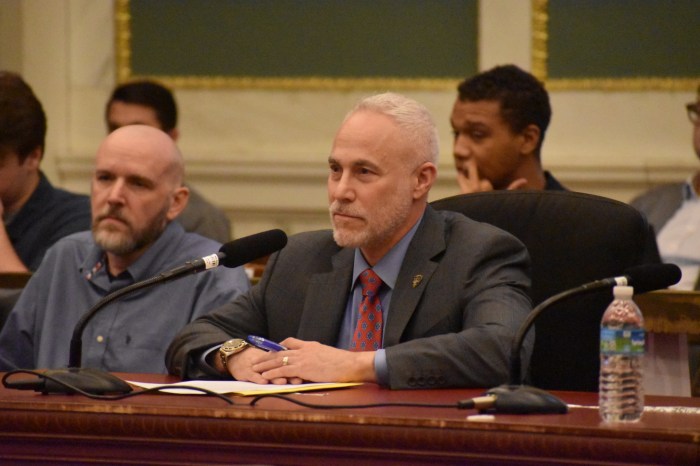
“We know the root causes of our current conditions,” Resnick testified. “We have too many inmates and too few correctional officers.”
In recent years, the city’s jails, all of which are clustered on State Road in Northeast Philadelphia, have been plagued by a profound staffing crisis, jail escapes, inmate deaths, and violence, among other issues.
More than 800 correctional officer positions are unfilled – a vacancy rate of 45% – according to a report filed by the court monitor earlier this month. The federal judge in the Remick case ordered the Parker administration in August to set aside $25 million to bring PDP into compliance with the settlement agreement.
Robust oversight is important even when problems are not as obvious, said Michele Deitch, director of the University of Texas at Austin’s Prison and Jail Innovation Lab.
“Passage of this resolution and dedication of the appropriate level of resources for the work of the oversight office will make Philadelphia a national leader when it comes to jail oversight,” said Deitch, who testified at the hearing through videoconference.
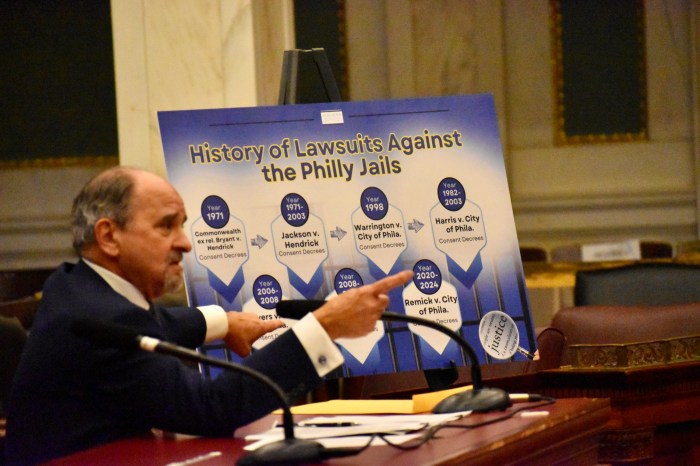
While debate over the measures continues, inmates are suffering, community activists told lawmakers. Nearly all of those incarcerated on State Road have yet to be convicted and are awaiting court proceedings, they stressed.
Sam Lew, an organizer with the Abolitionist Law Center, testified that young people in one facility have not been outside in more than a year and that she has heard reports of “many, many instances of sexual assault.”
LaTonya Myers, a formerly incarcerated advocate, said she witnessed forced Pap smears inside city jails. In one case, a pregnant woman gave birth to her baby in a toilet because inmates were unable to wake a sleeping guard, Myers recounted.
“Please strongly consider making sure that we hold our institutions as accountable as they hold us accountable in court,” she added.






